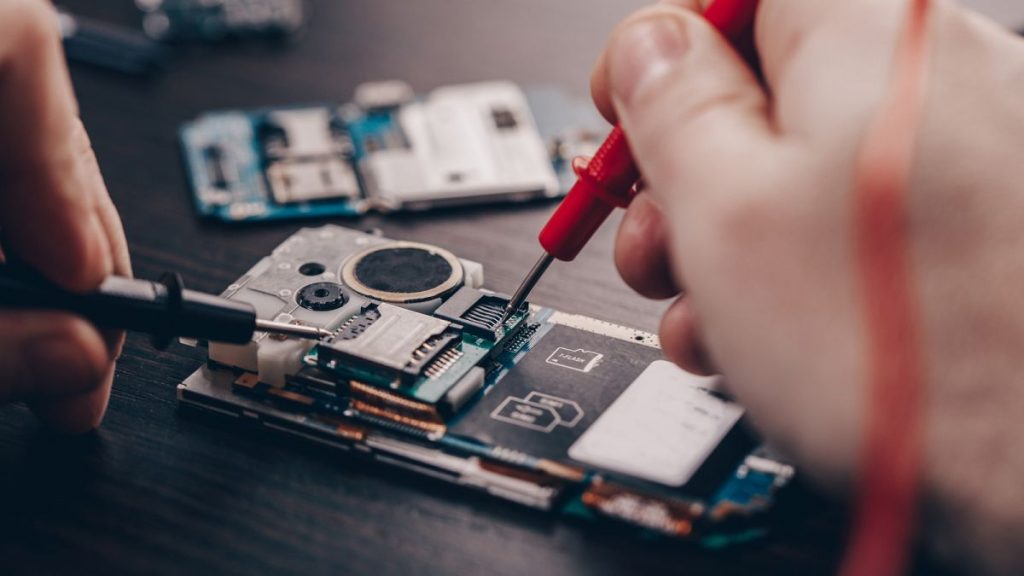The burgeoning market for refurbished goods in the European Union, while offering economic and environmental benefits, is currently hampered by a lack of standardized regulations and definitions, creating a fragmented and somewhat risky landscape for consumers. Euroconsumers, a consumer protection organization, has highlighted these concerns, advocating for a more transparent and consumer-friendly market. Their research indicates a growing interest in refurbished products, particularly among younger demographics, driven primarily by cost savings. However, the absence of common standards raises concerns about product quality, warranty coverage, and the overall consumer experience. This lack of clarity and consistency necessitates a harmonized approach at the EU level to fully realize the potential of the refurbished goods market.
The core issue lies in the varying interpretations of “refurbished.” While the Ecodesign for Sustainable Products Regulation under the Green Deal provides a broad definition, focusing on restoring original functionality and performance, it lacks the specificity needed to ensure consistent quality across the market. Member states like Belgium, Italy, and Spain lack legal definitions altogether, contributing to the inconsistency. This ambiguity allows for a wide spectrum of practices among refurbishers, leading to potential discrepancies in product quality and creating uncertainty for consumers. Euroconsumers emphasizes the need for a legally binding, harmonized definition of “refurbished” across the EU, accompanied by standardized ranking categories such as “as good as new” to provide consumers with clearer expectations.
The existing legislative landscape further exacerbates consumer concerns. While countries like France and the Netherlands have implemented specific consumer protections and labeling requirements for refurbished products, most EU members lack such safeguards. This disparity creates an uneven playing field and leaves consumers vulnerable to subpar products or misleading practices. Euroconsumers’ research underscores these anxieties, revealing that a significant portion of consumers have experienced issues with refurbished purchases and desire stronger legal protections. The lack of a comprehensive EU framework makes it difficult to address these issues effectively and undermines consumer confidence in the refurbished goods market.
The need for harmonization extends beyond definitions and labeling to encompass crucial aspects like warranties, repairs, and software updates. Euroconsumers advocates for clear information on these components, ensuring that consumers understand their rights and recourse in case of defects or malfunctions. A critical point of contention is the availability of software updates for older refurbished devices. The practice of manufacturers discontinuing software support for older models, as exemplified by Apple, can significantly impact functionality and limit the usable lifespan of these products. Euroconsumers argues that continued software support is essential for ensuring the long-term value and viability of refurbished devices.
Interestingly, key players in the refurbished goods market, including online marketplaces like Refurbed and Back Market, echo Euroconsumers’ call for harmonization. Recognizing the benefits of a standardized framework, these platforms acknowledge the shortcomings of the current ESPR definition and support the development of more precise standards. While they have implemented their own quality charters and technical guidelines, they emphasize the need for collaboration with original equipment manufacturers (OEMs) to streamline the refurbishment process. This includes improved access to spare parts at reasonable prices and eliminating practices that intentionally hinder repair or refurbishment, practices often employed by OEMs to drive sales of new products.
A unified approach to regulating the refurbished goods market is crucial for fostering consumer trust and unlocking the sector’s full potential. By establishing clear definitions, standardized quality benchmarks, and comprehensive consumer protections, the EU can create a more transparent and reliable market. This would not only empower consumers to make informed choices but also stimulate the circular economy by extending the lifespan of electronic devices and reducing electronic waste. Collaboration between regulators, consumer organizations, and industry players is essential for developing a robust framework that benefits both consumers and the environment. The goal is to move away from the current fragmented “Wild West” scenario and establish a mature and sustainable market for refurbished products, offering consumers a viable and environmentally responsible alternative to purchasing new goods.














